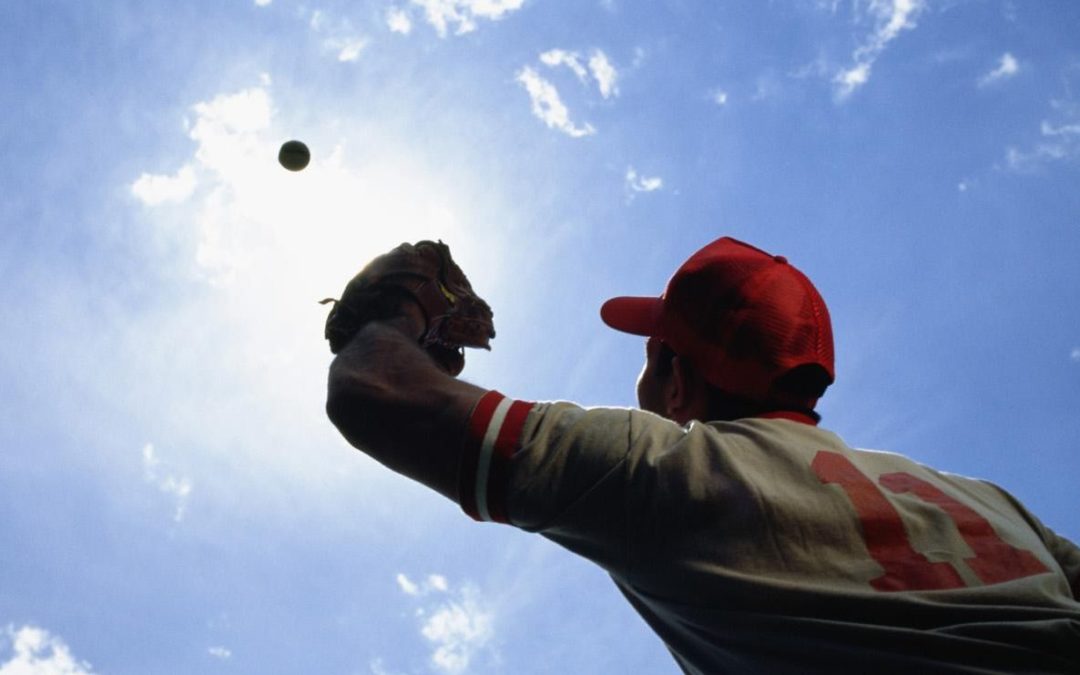I love writing. I love baseball. And I love the Boston Red Sox.
These are the truisms that direct my summers. Like most every writer I know, I have a day job—literary agent—and my own writing takes place outside the 50 to 60 hours a week I dedicate to helping other writers get published. In summertime, I work summer hours, just like the rest of the publishing world, which means I cut back to 40 hours a week. And try to get more writing done.
But the trouble with summer is that there is a lot to distract me from my writing: paddle boarding on the lake, reading on the beach, gin and tonics everywhere.
And baseball. But baseball I find helpful, in that I can apply and/or adapt the philosophies and paradoxes of America’s favorite pastime to my own favorite pastime—and get more work done.
“There’s no crying in publishing.”
This is what I tell my writer clients and my writing students when they suffer rejection. (I suffer rejection on my clients’ behalf as well as my own for a living.) When the going gets tough, the tough write on. I remind myself to follow my own advice, which as I’m sure you know I stole from Tom Hanks in A League of Their Own.
Make the bed
On the mornings when I make the bed right away, I get down to my work more quickly, and I write more. I don’t know why this is, but I’ve found it to be true. If Jason Giambi can don a gold thong to avoid a slump, well, then I can make the bed. Whatever works.
“When you come to a fork in the road, take it.”
Yogi Berra said it all first—and funnier. When he said this, he was talking about baseball or life or the baseball life, but for me this advice is the key to a good plot. Whenever I come to a fork in my story, I take it. Plot problem solved.
Bake brownies
Mostly I do this because no matter how pathetic my output, no day is a total waste when the smell of freshly baked brownies fills your studio. And brownies for breakfast is my version of the Popeye’s chicken meal Matt Garza indulges in before every start.
Relax and concentrate
As Annie Savoy tells us in Bull Durham, that’s the secret to making love and hitting a baseball. It works for writing, too: You just have to relax and concentrate.
“I think about baseball when I wake up in the morning. I think about it all day and I dream about it at night. The only time I don’t think about it is when I’m playing it.”
That’s what Hall of Famer Carl Yastrzemski says he always did, and I believe him—and not just because I’m a die-hard Red Sox fan. I want my story to be there, always, on the back burner of my brain—until I sit down to write.
Don’t forget the Seventh-Inning Stretch
Some say we have William Howard Taft to thank for the seventh-inning stretch; others credit Brother Jasper of Mary, F.S.C. of Manhattan College. Still others give the Cincinnati Red Stockings the honor. But no matter who we have to thank, getting up off our duffs after hours of sitting is a good idea. When I’m writing, my seventh-inning stretch usually consists of taking my Newfoundland retriever mix Bear—short for Yogi Berra—for a quick run around the bases.
“Baseball is not life. It is a fiction, a metaphor. And a ballplayer is a man who agrees to uphold that metaphor as though lives were at stake.”
David James Duncan writes this in one of the best baseball novels you may never have read (and should read now), called The Brothers K. Writing isn’t life, either. It just feels that way. But we as writers must agree to uphold that metaphor as though our own lives were at stake.
Keep swinging
That was Hank Aaron’s motto, during good games and bad games, good times and bad times, strike outs and home runs. Win or lose, you keep swinging. Publish or perish, you keep writing.
Play ball!

